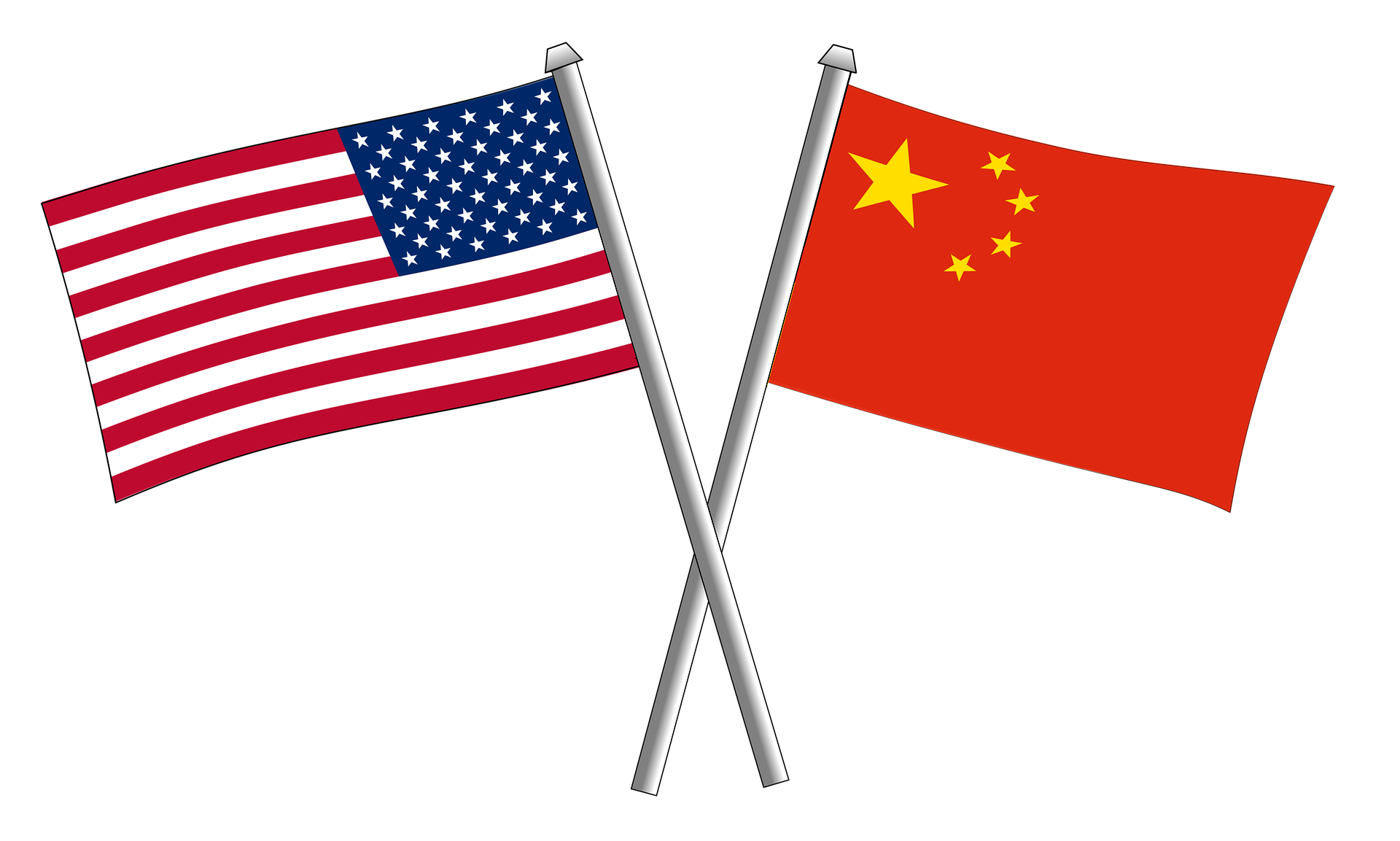
403
Sorry!!
Error! We're sorry, but the page you were looking for doesn't exist.
Ongoing trade tensions between US, China expected to boost influence of COMAC
(MENAFN) Ongoing trade tensions between the United States and China are expected to boost the influence of COMAC, China’s state-backed aircraft manufacturer, according to Ronan Murphy, director at Alton Aviation Consultancy. While the global demand for aircraft may not see significant changes in the short term, prolonged trade disputes — potentially worsened by the incoming Trump administration — could solidify COMAC's position within China and expand its influence across Asia, particularly in regions closely aligned with China. The dominance of Airbus and Boeing in the market is expected to remain, but these trade issues could fast-track COMAC's development, reshaping the global market over time. Murphy added that while speculation surrounds Embraer’s potential entry into the narrow-body aircraft market, any such shift is seen as a medium-term development rather than an immediate change.
Production in the aircraft industry continues to be hindered by supply chain challenges, such as semiconductor shortages and logistical bottlenecks. Major manufacturers, particularly Boeing, are facing disruptions caused by strikes and production halts, which are placing financial strain on smaller suppliers. These issues are expected to persist into 2025, with slow recovery and unmet production targets, according to Murphy. Murphy further explained that the aviation supply chain faces complex challenges due to the extensive reliance on a large supplier network over the past decade. These disruptions, particularly affecting Boeing, are expected to continue, with production constraints keeping delivery rates below targets for the next 6 to 12 months.
As security concerns, sanctions, and export restrictions grow, manufacturers are reassessing their supply chains. Companies are diversifying suppliers and relocating production to more politically stable regions to reduce risks. Murphy emphasized that geopolitical factors are playing an increasing role in shaping strategic decisions related to supply chains, as manufacturers aim to ensure long-term resilience by reducing dependence on high-risk components. While supply chain issues and trade barriers will slow the development of next-generation low-emission aircraft, Murphy stressed that the main challenge remains improving engine technology, which requires significant investment and innovation. Global trade disputes are hindering technological advancement in the aircraft industry by limiting trade in this globally interconnected sector.
Production in the aircraft industry continues to be hindered by supply chain challenges, such as semiconductor shortages and logistical bottlenecks. Major manufacturers, particularly Boeing, are facing disruptions caused by strikes and production halts, which are placing financial strain on smaller suppliers. These issues are expected to persist into 2025, with slow recovery and unmet production targets, according to Murphy. Murphy further explained that the aviation supply chain faces complex challenges due to the extensive reliance on a large supplier network over the past decade. These disruptions, particularly affecting Boeing, are expected to continue, with production constraints keeping delivery rates below targets for the next 6 to 12 months.
As security concerns, sanctions, and export restrictions grow, manufacturers are reassessing their supply chains. Companies are diversifying suppliers and relocating production to more politically stable regions to reduce risks. Murphy emphasized that geopolitical factors are playing an increasing role in shaping strategic decisions related to supply chains, as manufacturers aim to ensure long-term resilience by reducing dependence on high-risk components. While supply chain issues and trade barriers will slow the development of next-generation low-emission aircraft, Murphy stressed that the main challenge remains improving engine technology, which requires significant investment and innovation. Global trade disputes are hindering technological advancement in the aircraft industry by limiting trade in this globally interconnected sector.

Legal Disclaimer:
MENAFN provides the
information “as is” without warranty of any kind. We do not accept
any responsibility or liability for the accuracy, content, images,
videos, licenses, completeness, legality, or reliability of the information
contained in this article. If you have any complaints or copyright
issues related to this article, kindly contact the provider above.

















Comments
No comment